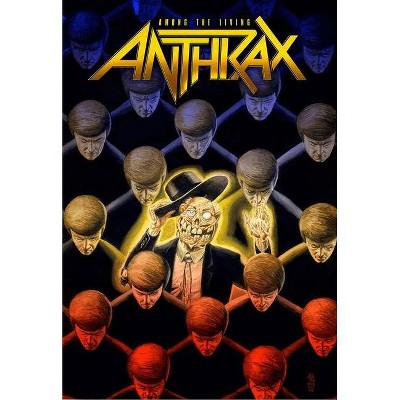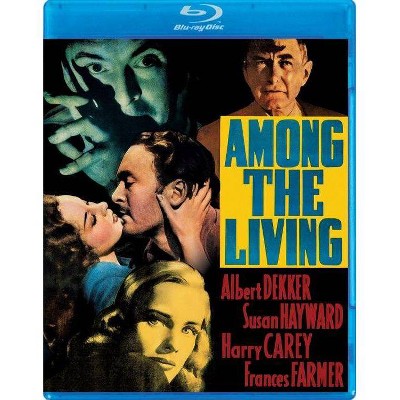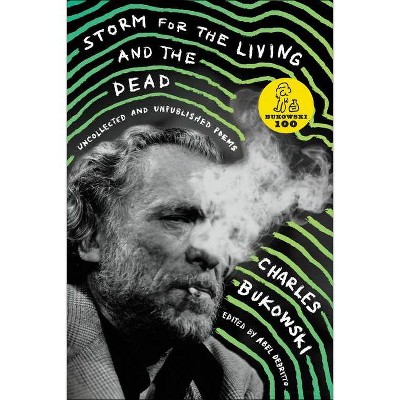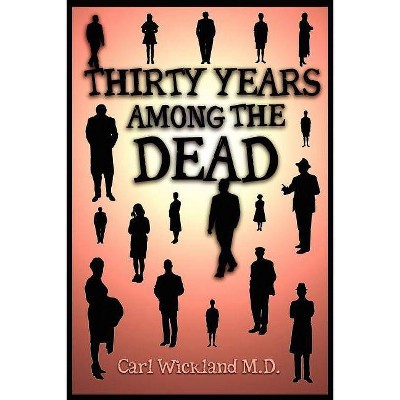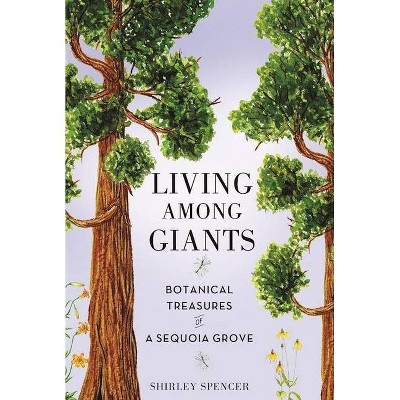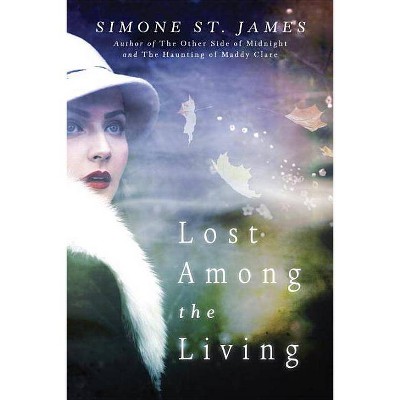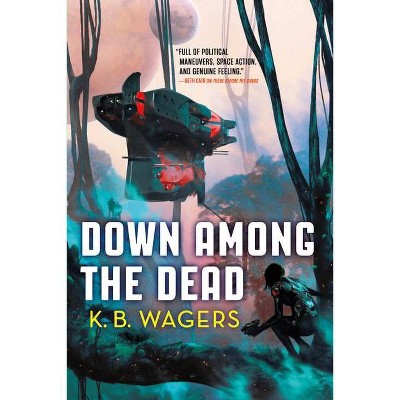Among the Living and the Dead - by Inara Verzemnieks (Paperback)
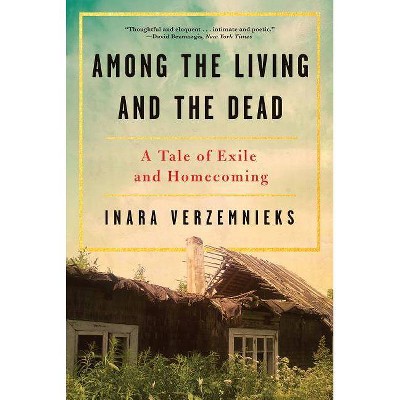
Similar Products
Products of same category from the store
AllProduct info
<p/><br></br><p><b> About the Book </b></p></br></br>"This exquisitely written book shows how recovery can come generations later through rebuilding connections--to people, the natural world, the past." --Robin Shulman, <em>Washington Post</em><p/><br></br><p><b> Book Synopsis </b></p></br></br><p>Inara Verzemnieks was raised by her Latvian grandparents in Washington State, among expatriates who scattered smuggled Latvian sand over coffins, the children singing folk songs about a land none of them had visited. Her grandmother Livija's stories vividly recreated the home she fled during the Second World War, when she was separated from her sister, Ausma, whom she wouldn't see again for more than fifty years.</p><p>Journeying back to their remote village, Inara comes to know Ausma and her trauma as an exile to Siberia under Stalin, while reconstructing Livija's survival through her years as a refugee. In uniting their stories, Inara honors both sisters in a haunting and luminous account of loss, survival, resilience, and love.</p><p>A New York Times Book Review Editors' Choice.</p><p/><br></br><p><b> Review Quotes </b></p></br></br><br>[Verzemnieks] writes as if she's recounting a fable, and fills the pages with werewolves and phantom villages and barons and journeys undertaken by simple men and women, in fairytale tones, lush language, the contrast between her prose and the tale it tells devastating in its crushing polarity.--Kerri Arsenault "Brooklyn Rail"<br><br>In her elegiac new book, [Verzemnieks] describes how she hoped the faraway travels would restore her grandmother to her 'in the old stories' that still existed there.... Ultimately, what she found was even broader: the meaning of home, the power of stories, and the different ways survivors and their memories move forward.--Rebekah Denn "Christian Science Monitor"<br><br>Thoughtful and eloquent.... Verzemnieks is solid on her history. Even more, she offers a model for how to navigate it. When she reaches the limit of what she can know, she doesn't confuse it with the limit of what can be known.--David Bezmozgis "New York Times Book Review"<br><br>Verzemnieks... is a gracious writer, inviting the readers on her journey into the past.... Armed with her wealth of knowledge in Latvian history and myths, and her masterful and lush observations, Verzemnieks remains an able guide, earning our undivided attention and admiration.--Angela Ajayi "Minneapolis Star Tribune"<br><br>Verzemnieks's account is personal, but by writing about national identity and asylum her book addresses our most urgent political questions. It insists with quiet elegance that, though the past eludes us, we cannot elude our past.--Sarah Ditum "Guardian"<br><br>Extraordinarily tender and finely wrought.--Eliza Griswold, author of The Tenth Parallel<br><br>In this moving, lyrical memoir that draws on vivid personal accounts and extensive research, Inara Verzemnieks does not shirk from confronting the extremities of human behavior; but she also gives us the rich textures of a world in which poetic mythology coexists with sophisticated modernity, the dead mingle with the living, and the hardships of a traumatic past are countered by the strength of memory and of lasting attachments.--Eva Hoffman, author of Exit into History<br><br>Poetic, melancholy, colored by the dark beauty of the northern landscape Inara Verzemnieks inhabits (much more than merely describes), this memoir of loss and recovery from the tragedies of the twentieth century will linger in your imagination, widen your historical perspective, and make you grateful that language has such power.--D. J. Waldie, author of Holy Land: A Suburban Memoir<br><br>The astute reportorial sensitivity of a master Eastern European historian like Timothy Snyder, as filtered through the lyric sensibility of a García Márquez, and suffused with the aching nostalgia of a latter-day Proust.--Lawrence Weschler, author of A Miracle, a Universe and The Passion of Poland<br><br>An exquisite book for the ages as it unfolds from its first mysterious sentence into a masterpiece about war, survival, memory, and, most movingly of all, human need.--David Finkel, Pulitzer Prize winner and author of The Good Soldiers<br>
Price History
Cheapest price in the interval: 13.79 on November 6, 2021
Most expensive price in the interval: 13.79 on December 20, 2021
Price Archive shows prices from various stores, lets you see history and find the cheapest. There is no actual sale on the website. For all support, inquiry and suggestion messagescommunication@pricearchive.us
